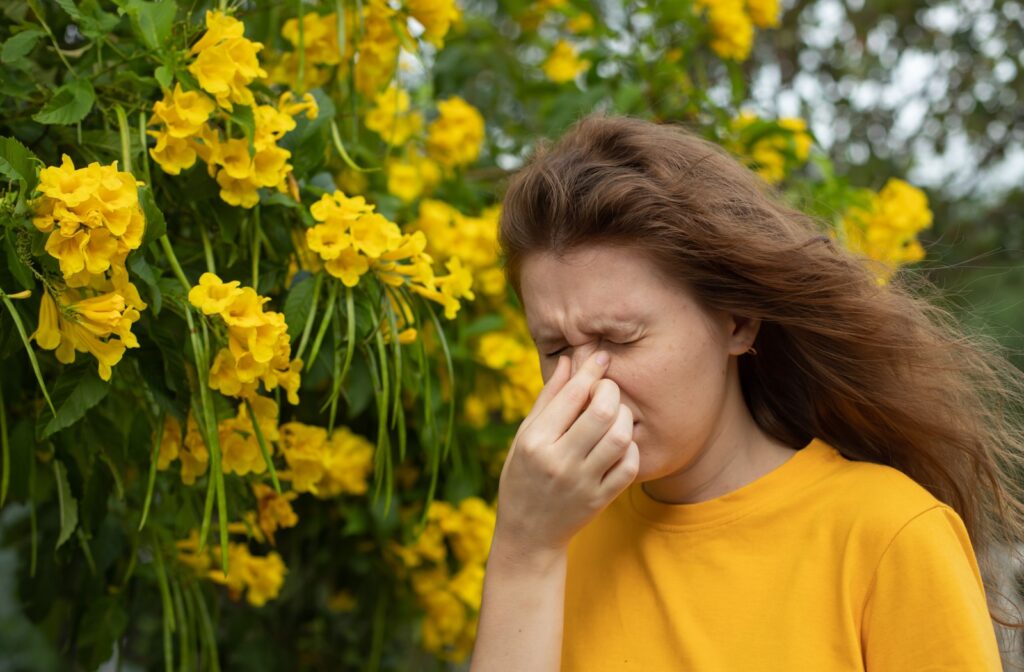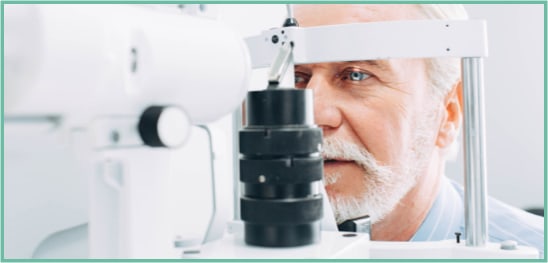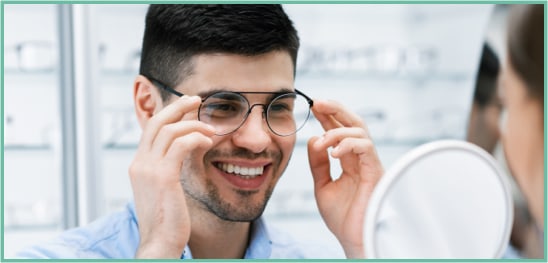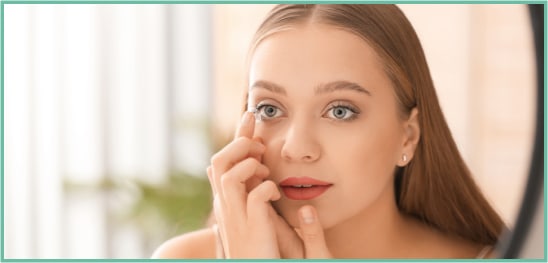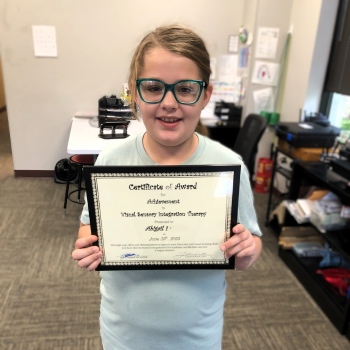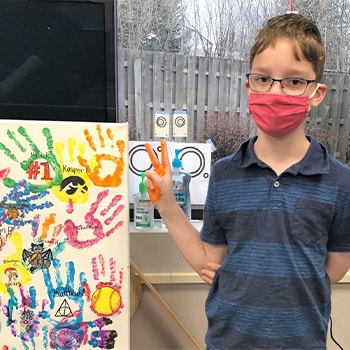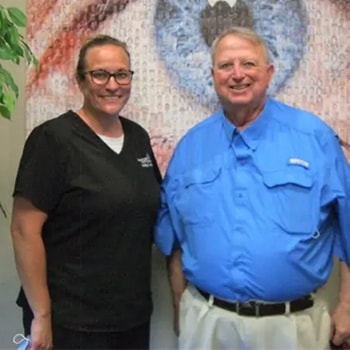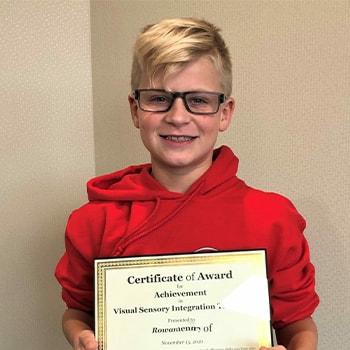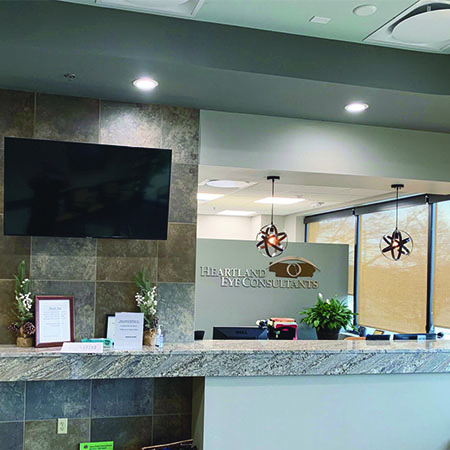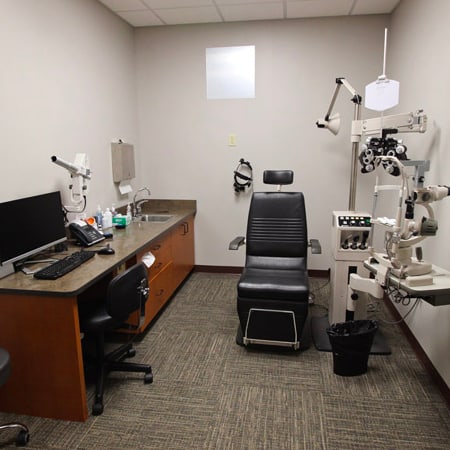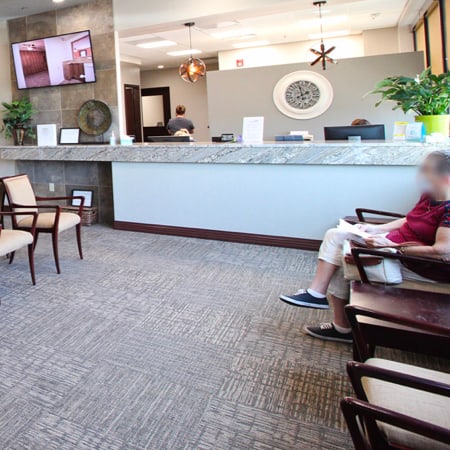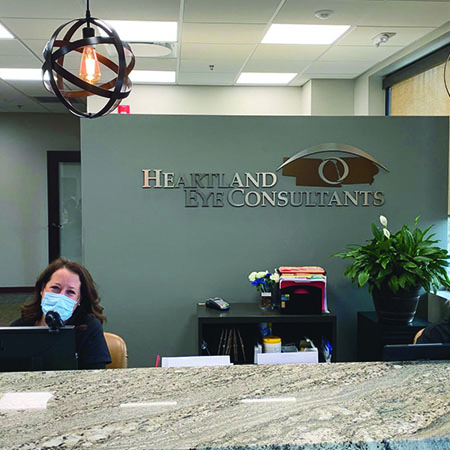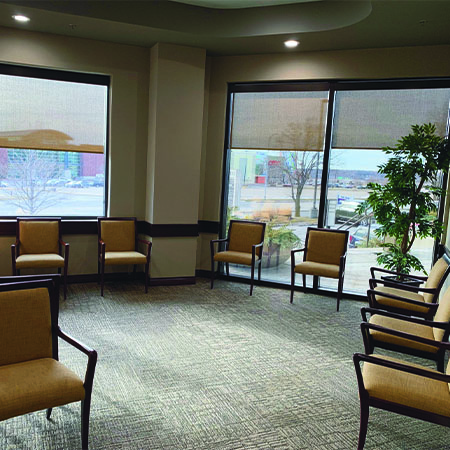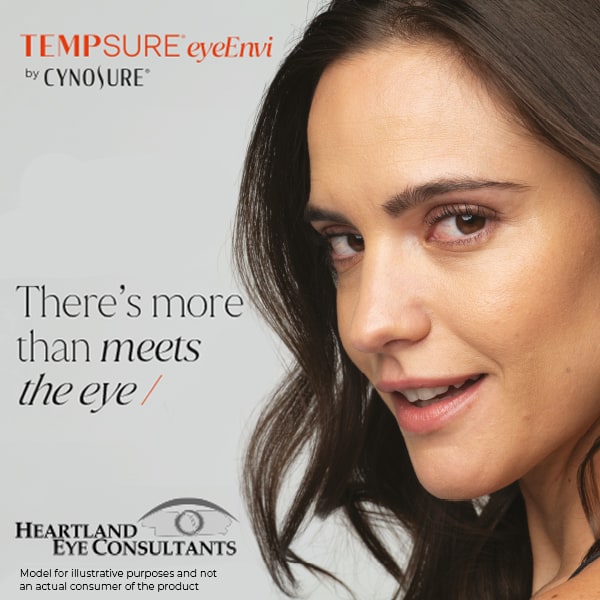The itchy and watery eyes caused by eye allergies can be very uncomfortable. For most individuals, eye allergies will affect both eyes simultaneously. However, some people may only experience allergy symptoms in one eye.
Only experiencing allergy in one eye is rare. A single-eye allergic reaction happens when only one eye is exposed to the allergen causing the reaction.
Luckily, treatments for eye allergies exist. Single-eye reactions can be treated in the same way as normal two-eye allergic reactions. Consult your optometrist to learn more about eye allergy treatments for you.
Allergies & Your Eyes
Eye allergies are also called allergic conjunctivitis. Your eye has a thin layer of clear tissue that covers the whites of the eyes and the eyelids. This tissue is called the conjunctiva. The conjunctiva and the cornea protect your eyes from potential irritants like dust and mites.
Allergies occur when the body’s immune system overreacts to a foreign substance, called an allergen. When an allergen touches your eye, your body releases a chemical called histamine. Histamines cause the conjunctiva to swell and become inflamed.
This swelling can cause blockages in your eyes’ tear ducts. Tear ducts are responsible for lubricating your eyes. These blockages can lead to the eyes becoming dry. This dryness can contribute to eye allergy symptoms.
If you experience any eye allergy symptoms, you should consult your optometrist for treatment solutions. Common eye allergy symptoms include:
- Red and swollen eyes
- Itchy or burning eyes
- Dry eyes
- Watery eyes
- Crusting around the eyes
Types of Eye Allergies
Did you know that there are different kinds of eye allergies? The most common type of eye allergy is seasonal eye allergies. Seasonal eye allergies are closely associated with hay fever and nasal symptoms. Seasonal eye allergies are caused by pollens found in the air at certain times of the year. Seasonal eye allergies are most common in the spring, summer, and fall, though their timing depends on which kinds of pollen you are allergic to.
Perennial eye allergies are eye allergies that affect an individual all year round. While perennial eye allergies affect individuals regularly, the symptoms are usually milder than seasonal eye allergies. Perennial eye allergies are usually caused by allergic reactions to dust, mites, pet hair, or any other allergen a person is consistently exposed to.
A rarer kind of eye allergy is called vernal keratoconjunctivitis (VK). The symptoms of VK are more extreme than those seen in seasonal and perennial eye allergies. VK is most common in young men and boys. If left untreated, VK may lead to vision impairment, so seeking treatment is important. Symptoms of VK include:
- Light aversion
- Thick mucus coming from the eye
- Significant itching
Contact allergic conjunctivitis and giant papillary conjunctivitis are both allergic reactions associated with wearing contact lenses. While contact allergic conjunctivitis has symptoms similar to seasonal eye allergies, papillary allergic conjunctivitis can lead to the development of fluid sacs building up behind the eyelid. If you experience any itching, redness, or discomfort when wearing contacts, consult your optometrist immediately.
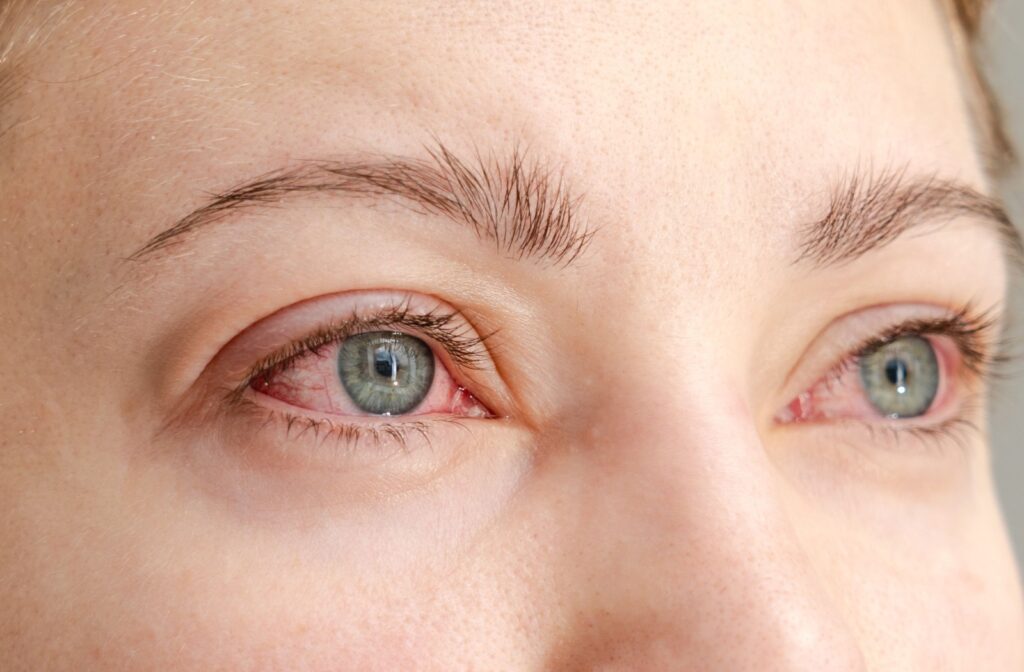
Why Allergies May Affect Only One Eye
Some allergies are more likely to affect one eye than others. In seasonal and perennial eye allergies, if only one eye is exposed to the allergen, it is possible that a person may have an allergic reaction in only one eye. However, in instances that involve vernal keratoconjunctivitis, it will almost always affect both eyes at the same time.
Some other factors that may make you more likely to experience eye allergies in only one eye are:
- Pre-existing eye conditions
- Exposure to irritants on one side of the face
- Structural abnormalities in the eye
Keeping up with regular eye exams will allow your optometrist to rule out any pre-existing eye conditions and structural abnormalities. The most common cause of single-eye allergic reactions is only one eye being exposed to an allergen.
Preventing allergic reactions that can cause discomfort in your eyes can seem like a tedious task, but there are ways to minimize your exposure to allergens. Here are some easy ways to help reduce your chances of experiencing an allergic reaction in your eyes:
- Maintain a regular dusting and cleaning schedule to get rid of dust, mites, and pet dander.
- Regularly change and clean your pillowcases to get rid of dust and mites.
- Invest in an air purifier for your home or office.
- Consult your doctor or optometrist about antihistamine medications.
- Wear large sunglasses outside when there’s a lot of pollen in the air.
- Avoid touching your face and eyes when possible.
Find Eye Allergy Relief
Even though there are a lot of easy ways to reduce your exposure to allergens, you may still experience allergic reactions in your eyes. If you find that your allergy symptoms are hard to manage or uncomfortable, you can consult your optometrist for a more long-term solution.
At Heartland Eye Consultants, our team wants to use our expertise to help you find relief from eye allergy symptoms. We offer comprehensive treatments for persistent eye allergies so you can feel confident in your vision! You can contact us today to learn more about our practice or book an appointment.


